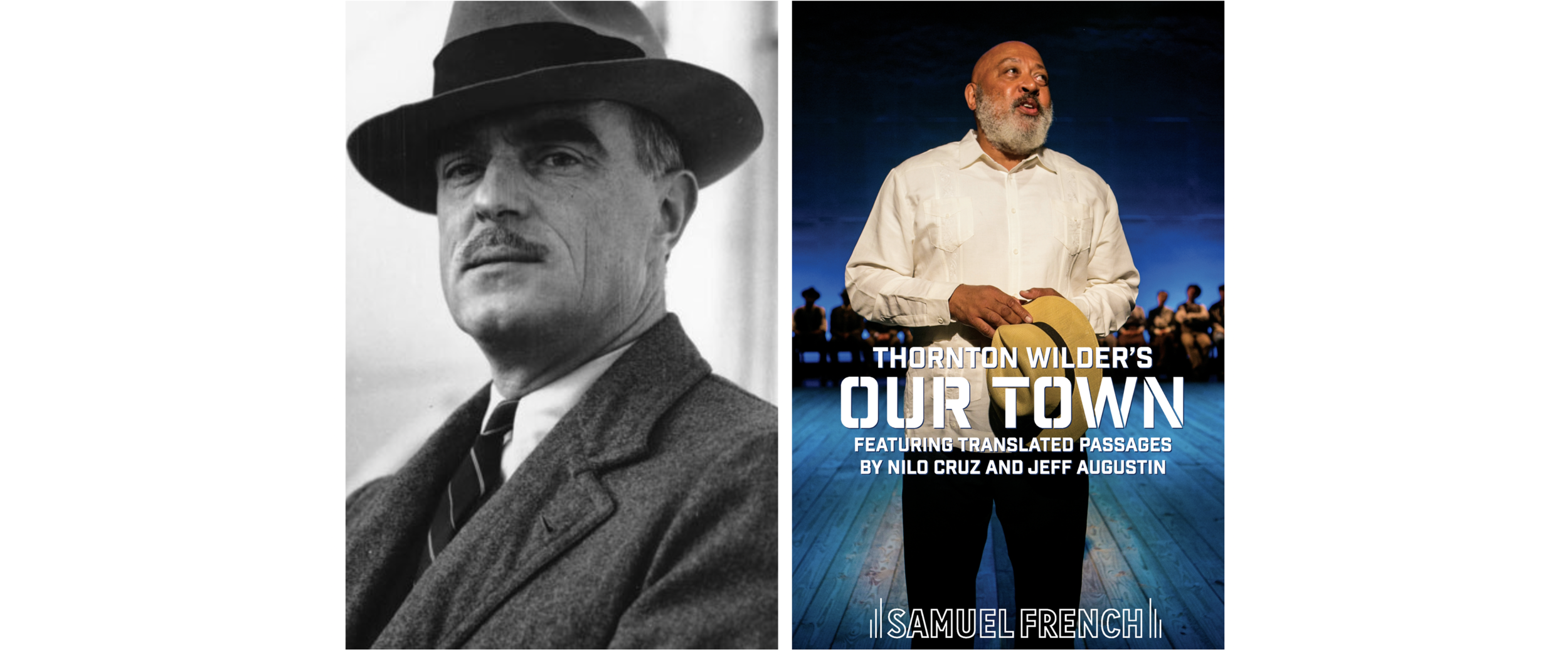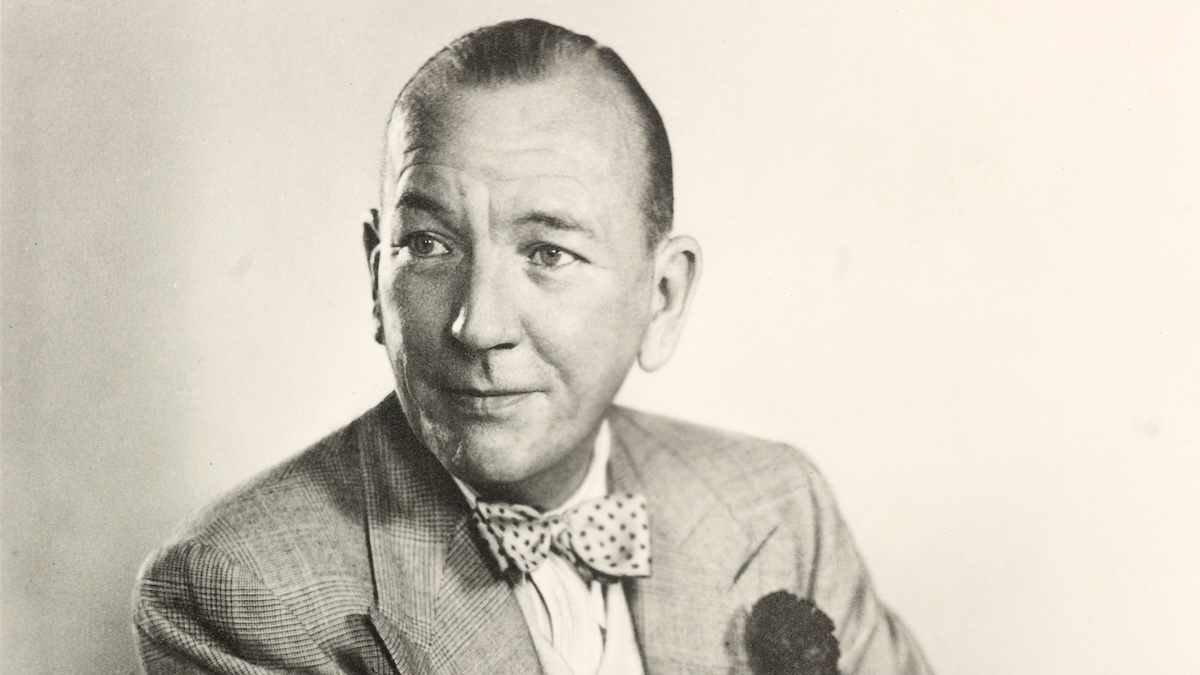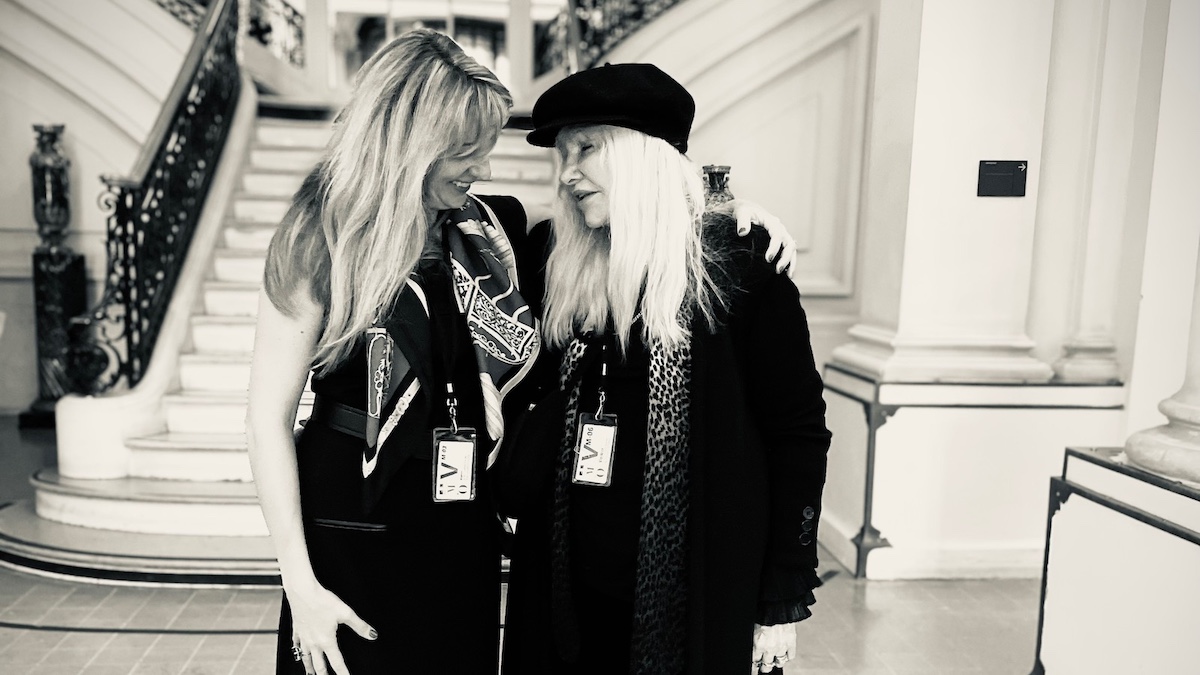
The Concord Theatricals Read More Plays Club focuses on recognizing select Concord Theatricals plays as important works of literature, uniting theatre lovers and creating a digital space dedicated to celebrating great artists, good conversation and plays on the page.
Each club session features a fantastic Concord Theatricals title and artists connected to the work in an hour-long candid discussion around the creation and history of the play. Readers have a chance to engage with the artist and learn more about their motivations, their creative process, and the work itself.
For our second session, on Tuesday, April 20, 2021, we read and discussed…
Our Town (Multilingual) by Thornton Wilder / Translations by Nilo Cruz and Jeff Augustin
Our Town (Multilingual) by Thornton Wilder / Translations by Nilo Cruz and Jeff Augustin
(Full-Length Play, Drama)
Spanish and Creole translated portions © 2017 Miami New Drama. Published 2020.
Arguably America’s best-known and most celebrated play, Our Town depicts the small town of Grover’s Corners, New Hampshire, through three acts: “Daily Life,” “Love and Marriage” and “Death and Eternity.” In the next step for a work that Wilder conceived as a play about everywhere, Our Town (Multilingual) presents the material for the first time in three languages: English, Spanish and Creole. Infused with layers of culture and community, this new version celebrates Grover’s Corners as an international address.
In this discussion, noted Wilder scholar and translator Julie Vatain-Corfdir spoke to Tappan Wilder, the literary executor of the Wilder Estate and nephew of Thornton Wilder, and Michel Hausmann, the Artistic Director of Miami New Drama, about the genesis of this new version of the beloved classic and the process of translating a major work.
Watch the full session below!
Participants:
Julie Vatain-Corfdir (Moderator) is Associate Professor of English at Sorbonne Université, where she teaches theater and translation studies. She has authored and edited volumes on contemporary American drama, musicals, and translating theater as well as its opposite: performing in the original language. She has translated into French works by Thornton Wilder (including Our Town), Sarah Ruhl, Tina Howe and Susan Glaspell. Julie is co-editor of the e-Theatrum Mundi series at the Sorbonne Press and the director of a bilingual theater company at Sorbonne.
Tappan Wilder (Wilder Estate) is Thornton Wilder’s nephew and has served for twenty-five years as his literary executor. Tappan has overseen a major re-issue of Wilder’s seven novels and major plays, published by HarperCollins. With Donald Gallup, he compiled and edited TCG’s two-volume edition of Thornton Wilder short plays. Working with Rosey Strub, Manager of Wilder’s works, Tappan revisited all of Wilder’s Samuel French acting editions. The resulting editions feature textual corrections, updated stage directions and special notes. This multi-year project included the 2012 release of the definitive acting edition of Our Town.
Tappan is also responsible for adding four heretofore unpublished one-act plays and four playlets to the public record, and opening the door for several subsidiary works based on Wilder drama and fiction, including: the Our Town opera (libretto by J.D. McClatchy, score by Ned Rorem); his adaptation of George Farquhar’s The Beaux’ Stratagem (begun by Wilder in 1939 and completed by Ken Ludwig in 2006); and stage adaptations of the novels Theophilus North and The Bridge of San Luis Rey by, respectively, playwrights Matthew Burnett and David Greenspan. In 2016 he arranged the first publication of Wilder’s Broadway record-breaking translation of A Doll’s House published in trade edition by TCG Press and an acting edition by Samuel French. He is currently researching Wilder’s non-fiction, his record as lecturer and teacher, and the history of his uncle’s one-act plays.
Tappan is the Honorary Chair of The Thornton Wilder Society, a member of PEN (American Center) and the National Council of Graywolf Press. He is an honorary trustee of Long Wharf Theatre in New Haven and a former Trustee of the Yale Library Associates. Whenever possible he escapes to Maine, home of his daughter Jenney and granddaughter Niven.
Michel Hausmann (Artistic Director, Miami New Drama) is a Venezuelan-born theater director, producer, and writer. He is the co-founder and Artistic Director of Miami New Drama, the resident company and operator of the historic Colony Theatre on Miami Beach. Michel is the book writer and director of The Golem Of Havana, a critically acclaimed original musical that has been produced across the country including a sold-out, extended run at the Colony Theatre. Under his artistic leadership Miami New Drama has produced: Our Town (also Director), Queen of Basel (also Director), The Elaborate Entrance of Chad Deity (in co-production with Asolo Rep), The Album (in co-production with Tectonic Theater Project), A Special Day (in co-production with The Play Company), Terror (Directed by Gregory Mosher), One Night in Miami…(Directed by Carl Cofield), Fake (Directed by Carl Andress), Confessions of a Cocaine Cowboy (also Director), ¡Viva La Parranda!, The Bridge of San Luis Rey (Directed by David Greenspan), The Cubans (Directed by Victoria Collado), A Wonderful World (Directed by Christopher Renshaw), and 7 Deadly Sins (also Director). Hausmann’s Off-Broadway credits include the New York Premiere of Vassily Sigarev’s Black Milk and the New York premiere of The Color Of Desire, by Pulitzer Prize-winning author Nilo Cruz. He was the co-founder and Artistic Director of an award-winning theater company in Venezuela where he directed over a dozen productions. Michel received a BA from Emerson College and an MFA in Theater Directing from Columbia University. He is a New York Theater Workshop 2050 Fellow, a Shubert Presidential fellow, an IRNE nominee, a Richard Rodgers Award finalist, and a two-time Knights Arts Challenge Award recipient.
…
To register for the next session of the Read More Plays Club, click here.





